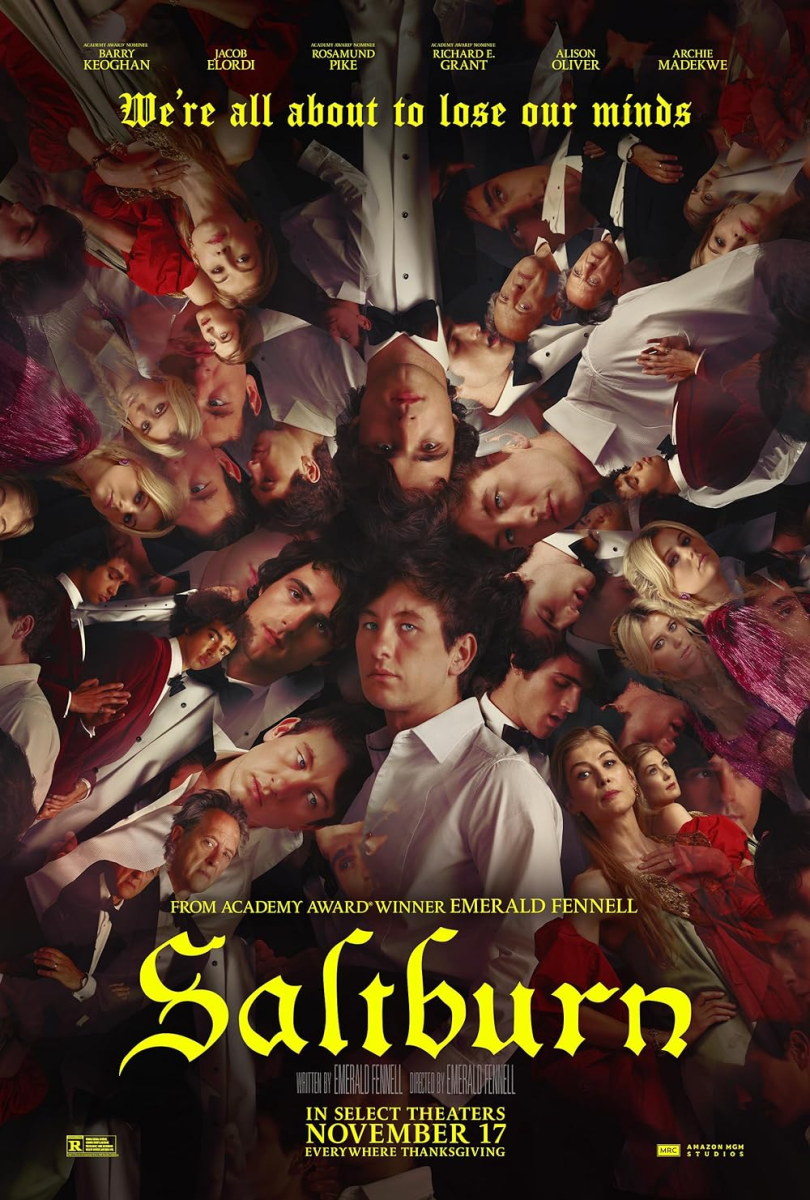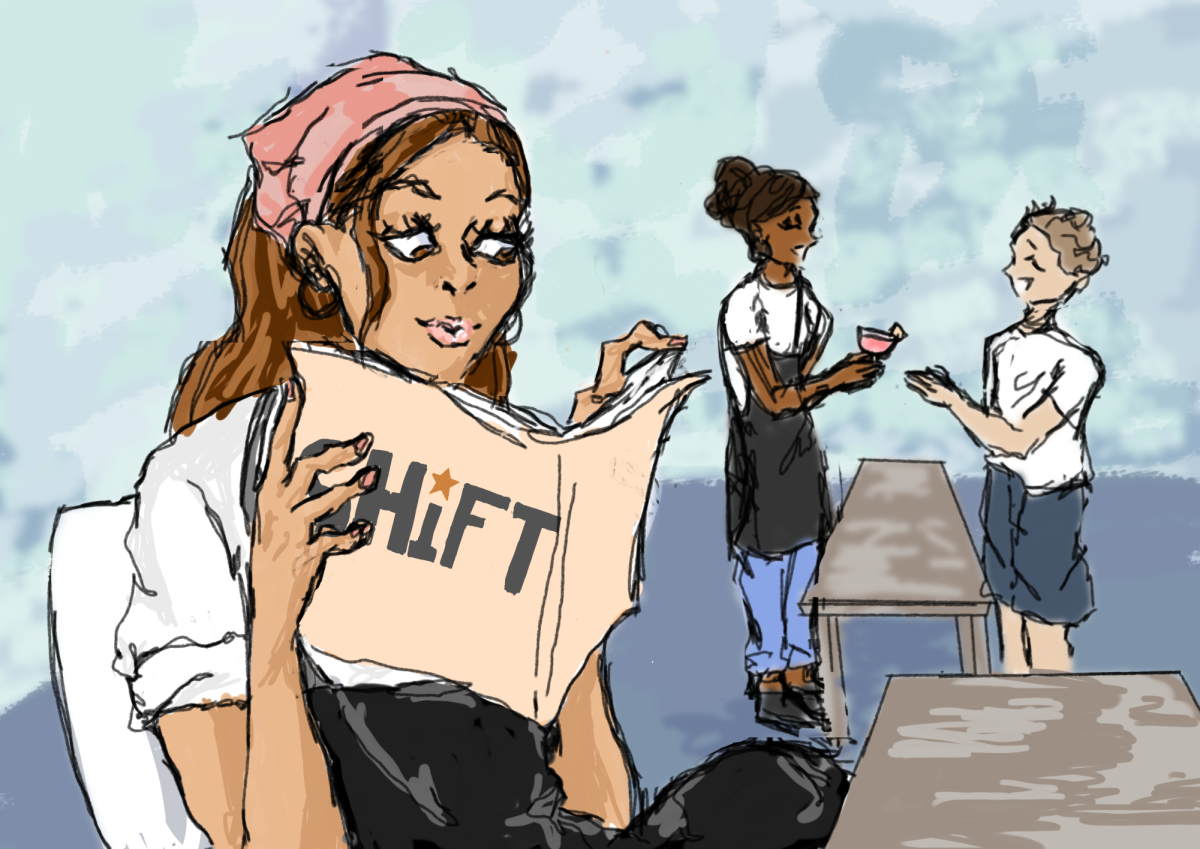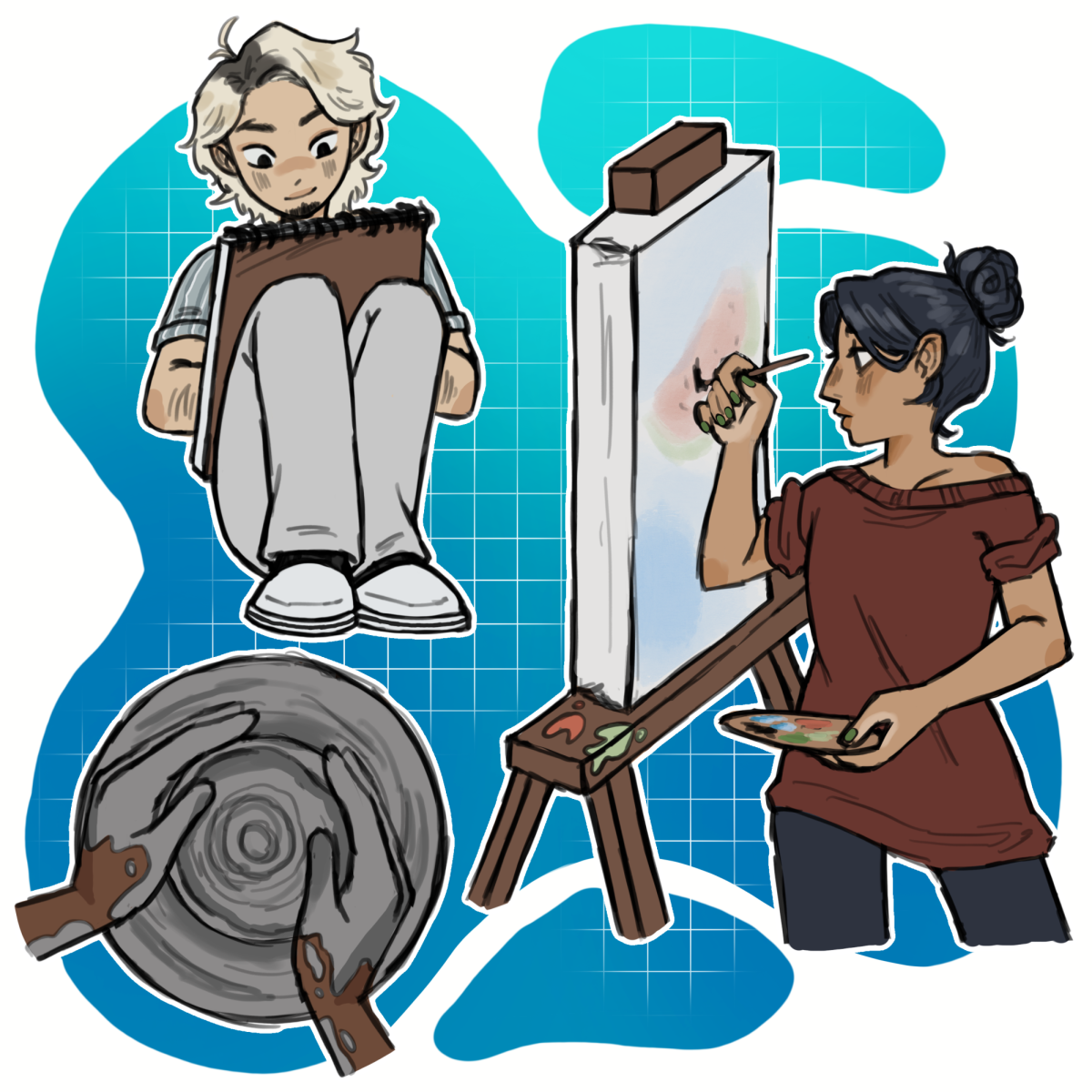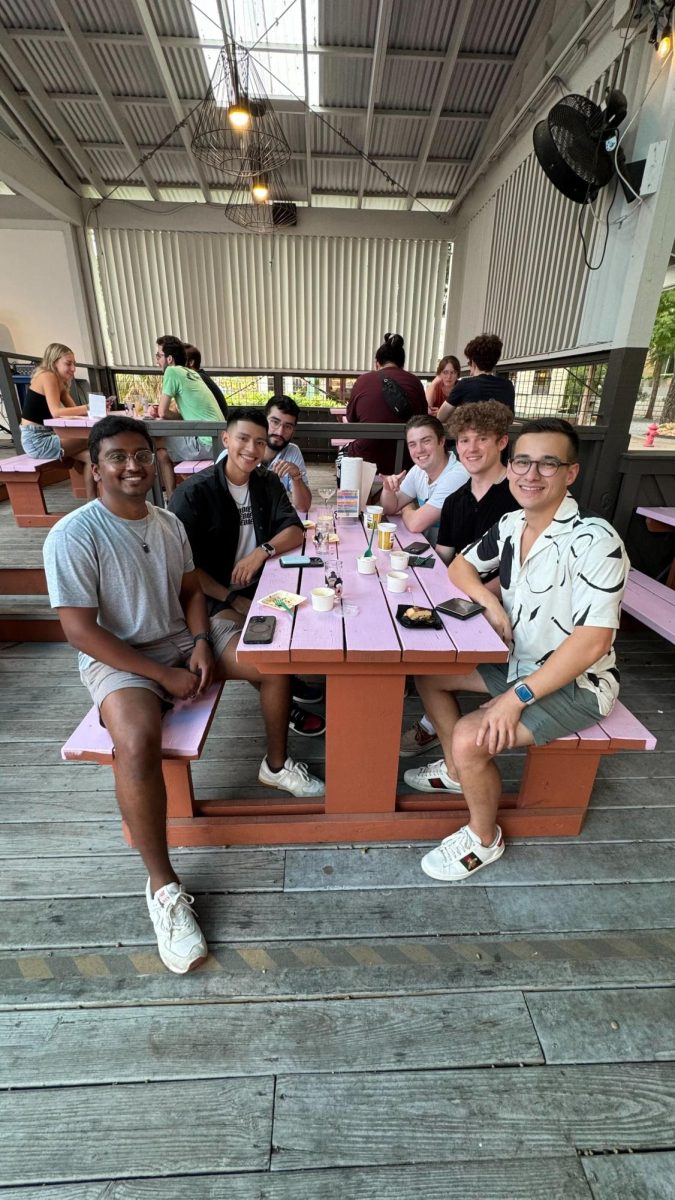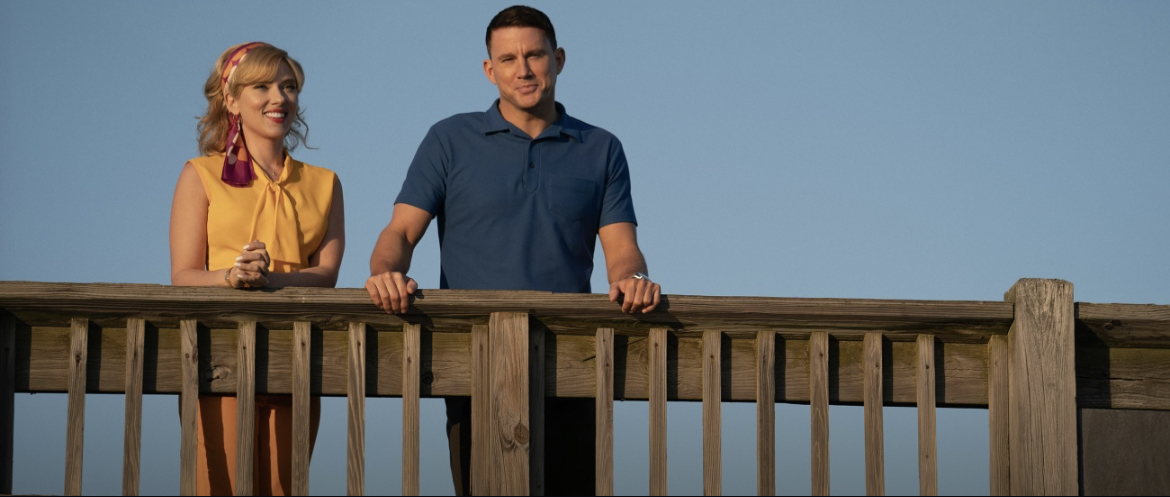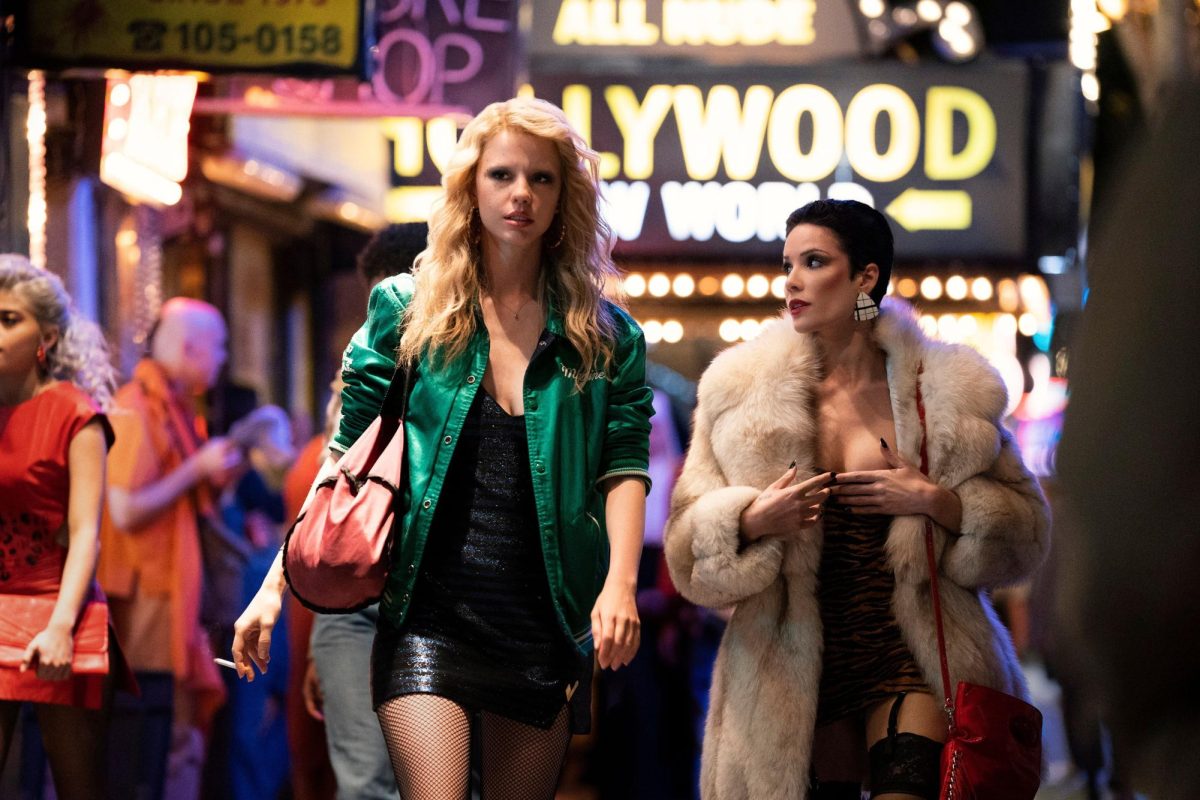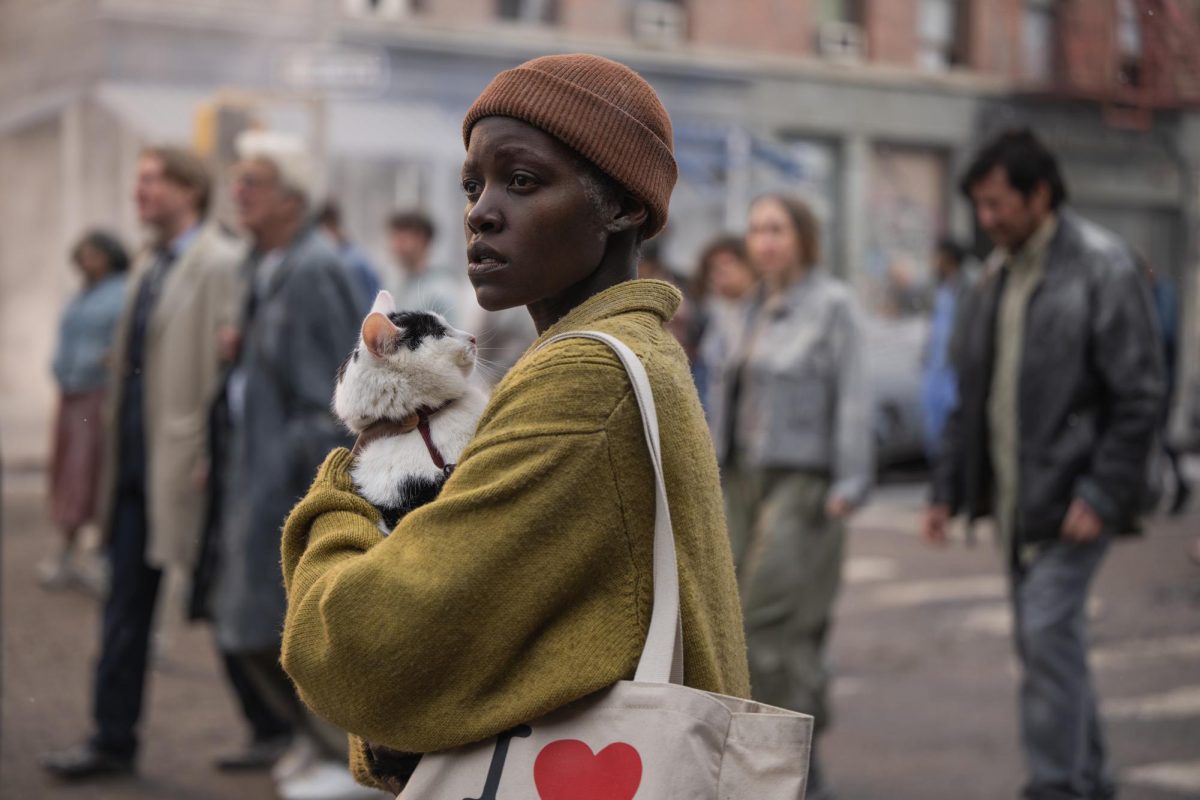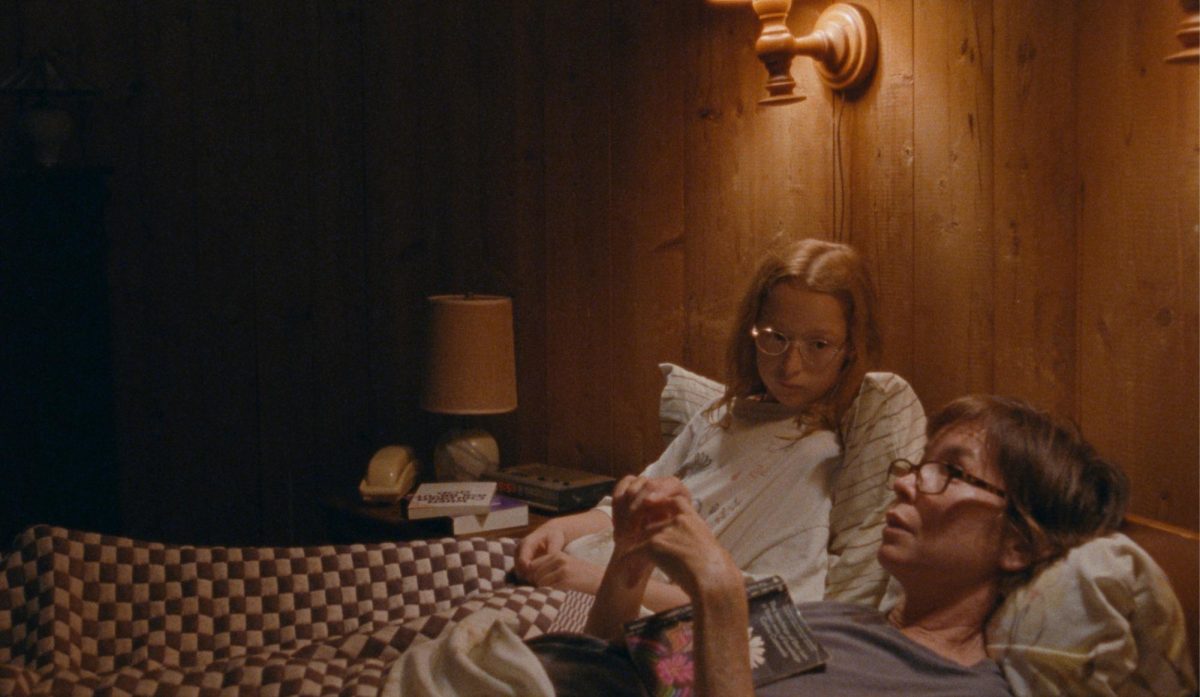Despite a late-November release, Emerald Fennell’s “Saltburn” has quickly become one of the year’s most talked-about movies, already generating Oscar buzz. Ahead of the film’s screening at Austin Film Festival last month, The Daily Texan sat down with the Academy Award-winning writer-director to talk about her new film.
The Daily Texan: What was the most important lesson you brought from your first film, “Promising Young Woman,” when making “Saltburn?”
Emerald Fennell: With “Promising,” it was (made in) a short amount of time and I had a specific idea in my head that wasn’t obvious to other people initially. We had an amazing time, but there wasn’t time to have the moments of collaboration, which means you end up with really special, interesting and complicated things. We were running against the clock. This time, having more time in prep so I could dig into the production design even more than I had in “Promising Young Woman” let people be their best.
DT: Did having that extra time benefit your writing or directing process more?
EF: The writing process is always the same. I’ve been visiting “Saltburn” in my head for eight years — it was one of the imaginary worlds I visited a lot. I live in the world and go there as Oliver, and then bit by bit, the story and the characters coalesce and then after years and years, certain scenes are done. And then things change and once it stops changing, once the story is finished, I write it down. In terms of directing, I didn’t want to make something with an insane budget (or) an insane amount of time because that makes it a bit slack. You’ve got to be up against the clock and up against the budget, making everything work and having to be imaginative all the time.
DT: What was your intention with the mirror symbolism that permeates the film?
EF: So much of it was me and (cinematographer) Linus (Sandgren) talking about doubling and not only the idea of the doppelganger, but our identities and how unbelievably fractured and elusive they are. It made sense that you would always be seeing somebody looking at themselves but not quite themselves or seeing versions of them duplicated. But also, there’s something about this genre and the nature of those houses which lends itself to voyeurism. The idea of these houses is that there are eyes everywhere but you never see them and there are hands that you never see clearing everything away because the staff only appear once the family leave. There’s a sexy voyeurism built into the architecture of the houses. And of course the thing about the mirror that’s so important is that you can break it but it just gets fixed — you can never really break it.
DT: What made Barry Keoghan and Jacob Elordi the right pair to put at the center of this film?
EF: So much of it’s about chemistry. Barry’s got this extraordinary, fascinating, enigmatic charisma. Jacob is similarly charismatic but (he’s) much more open. They’re a brilliant pair because they’re both doing something very different but equally powerful. I hadn’t seen Jacob in “Euphoria” when I met him, but I like to speak to people before I talk about a project. I’m interested in how honest people are. That’s not to say we’re not all lying to each other and ourselves all the time, it’s more like, are we going to be able to have a real conversation? And it’s difficult because it’s personal and complicated. There are lots of people who do want to get into that kind of stuff. But for me, to make something complicated, honest, difficult, sticky and sexy in a disturbing way, you’ve got to be comfortable talking about things.
DT: What advice do you have for student filmmakers?
EF: If there’s something you don’t understand, or you feel like there’s an itch you can’t quite scratch, the best thing to do is to write it or make it because the likelihood is other people feel the same way, and they’ll want to talk about it too and connect with it. It’s going for the thing that feels complicated and interesting, whatever that is.



